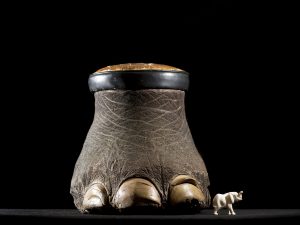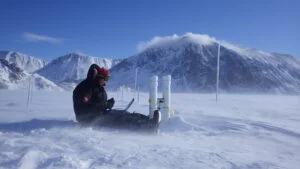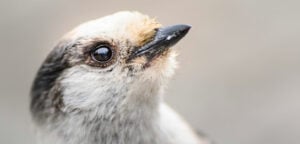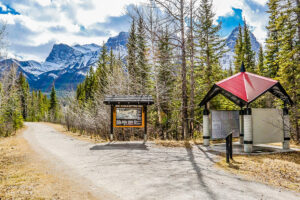J.B. MacKinnon has written about his own uncle’s assassination, the local foods movement and displaced people. Now the award-winning Canadian author has turned his eye to the state of the world’s ecological health, how it has changed and how it might be reclaimed, with his latest book The Once and Future World, which was released on Sept. 24 and is a finalist for the 2013 Hilary Weston Writers’ Trust Prize for Nonfiction. He spoke to Canadian Geographic about the book and the concept of “rewilding” in Canada.
Canadian Geographic: Your book examines how people forget the natural world of the past and don’t see changes in their environment. How can Canadians see beyond what they’ve become used to and eliminate what you call “change blindness?”
J.B. MacKinnon: The only way is to actually dig into the history of the places that we live in. In Canada, we’re particularly susceptible to thinking that we’re surrounded by nature untouched and pristine, as it has always been. We think of ourselves as living in a country that’s very wild, and relative to other countries, it is. But you don’t have to dig too deep before you realize that Canada has also undergone a lot of transformations.
CG: Was there anything you came across in your research that struck you as a shocking loss for Canada?
J.B.M.: Discovering that grizzly bears used to live all across the Prairies — the first grizzly bear ever seen by a European explorer was in eastern Saskatchewan. My family lived on the Prairies when I was very young, but none of them had ever heard that. Probably the vast majority of people who live there now aren’t aware that it used to be grizzly country.
CG: How can we go about “rewilding” in Canada?
J.B.M.: We need to look at the history of nature in any given place and examine what might be missing, what forces have come into play that have resulted in decline or degradation and then address those things. Even most of our national parks have missing species. Banff, for example, is looking at reintroducing plains bison to the Rocky Mountains, which have been absent for about a century. But it’s just as important to look at all of the places that are not protected. If we want to live in a world that is ecologically whole and gives us the opportunities to appreciate and benefit from nature, it has to be on all kinds of landscapes, from the city to the countryside.
CG: How do nature reserves fit into “rewilding?”
J.B.M.: There would always be aspects of nature built into culture, and there would always be a hint of the human presence in the natural world, even if it’s just places that we go to savour nature as it used to be. But it will always be a spectrum. I think we’ve been too focused on separating the two into a purely natural world or purely human world. Unfortunately the world isn’t proving to be large enough to separate those things in a way that works ecologically. I love the idea that we might one day see species restored to urban areas that we can’t imagine now. Or that a trip through the Prairies might involve long stretches of wildlife corridors that allow animals to migrate from place to place in a way that at least resembles the way things used to be. We’re just at the leaping-off point for starting to imagine what all these things might look like.




